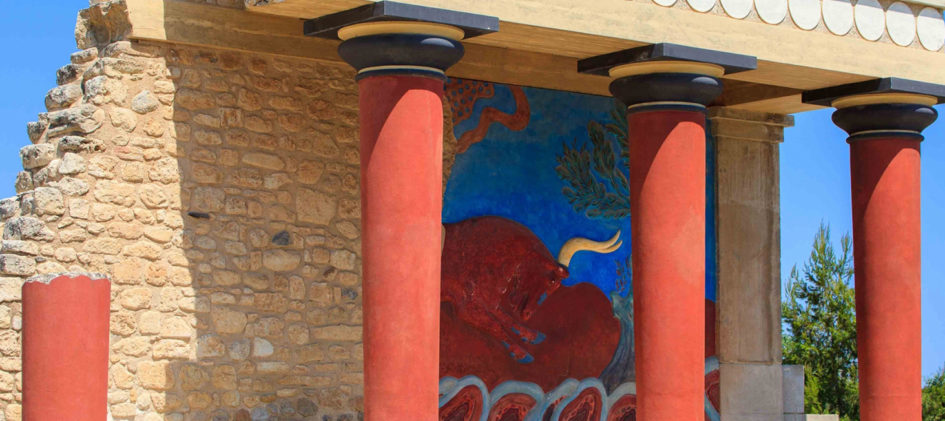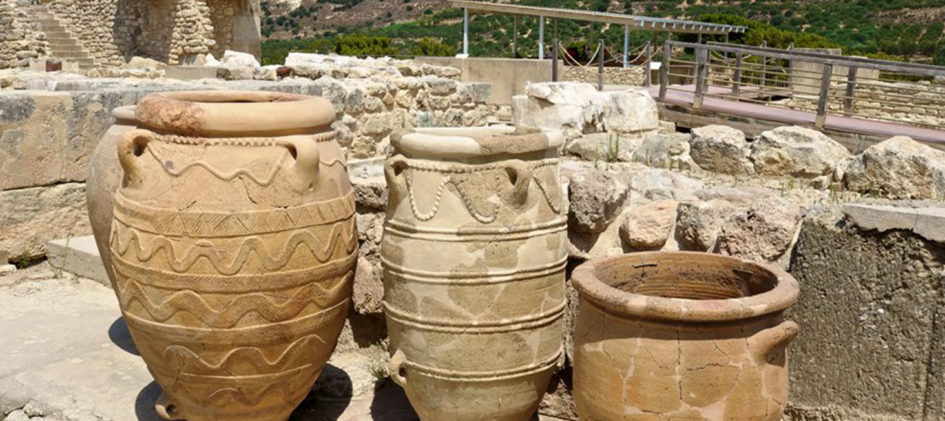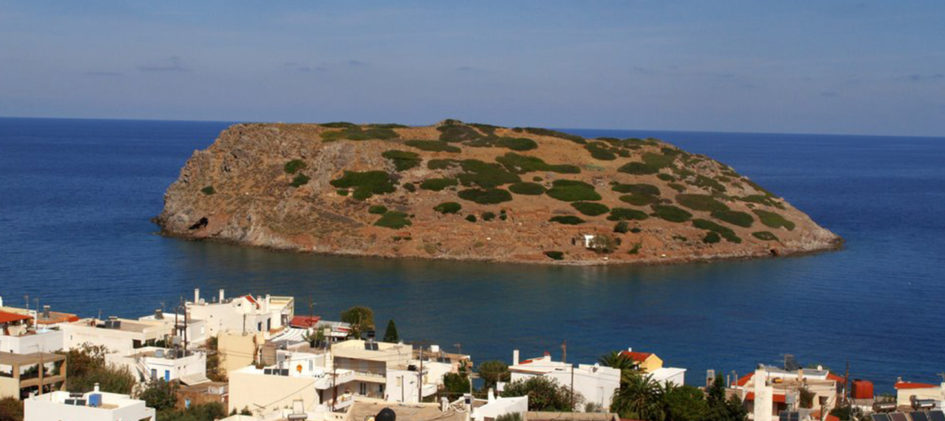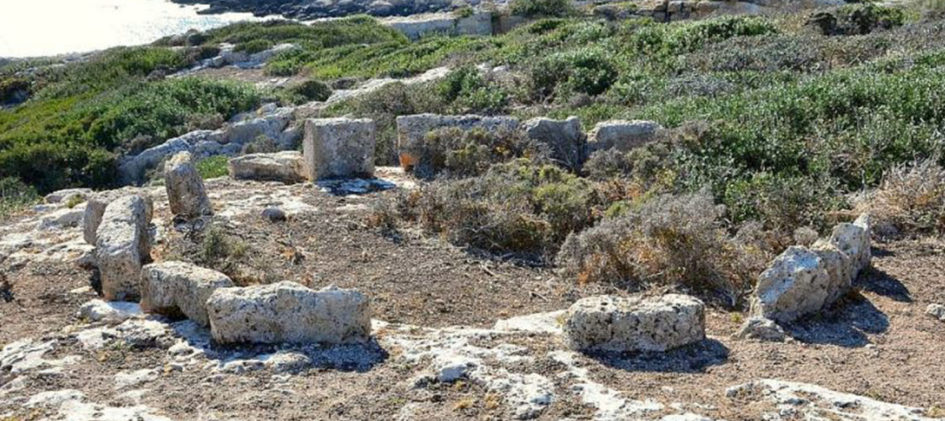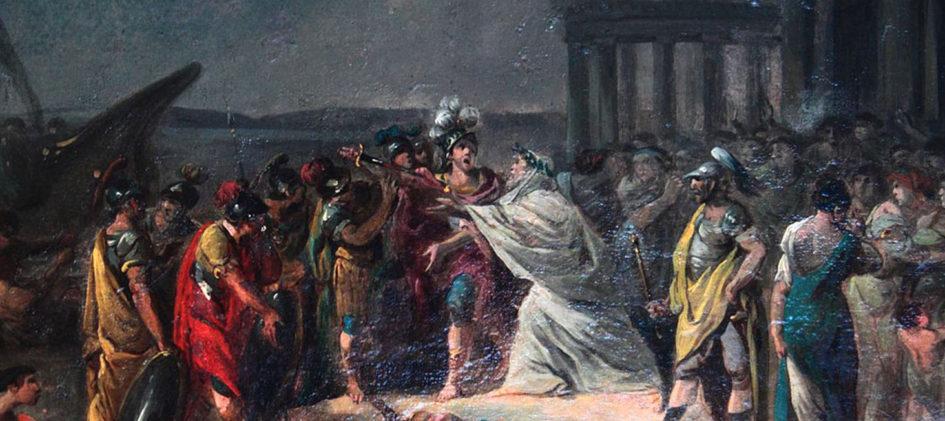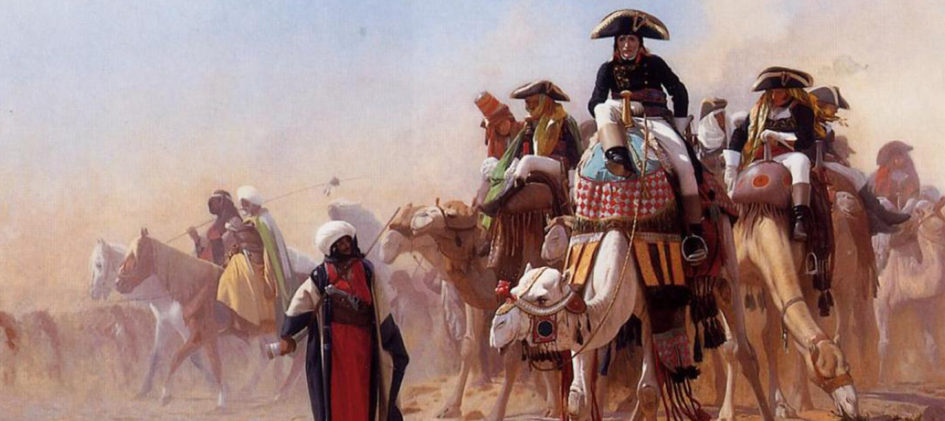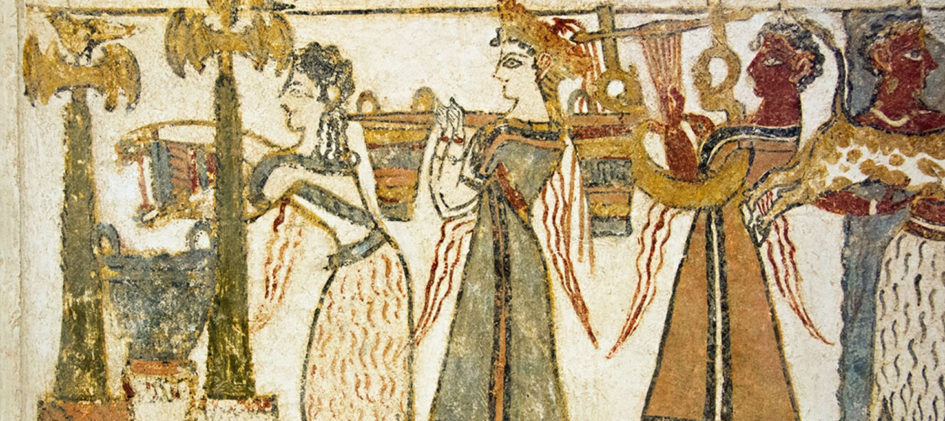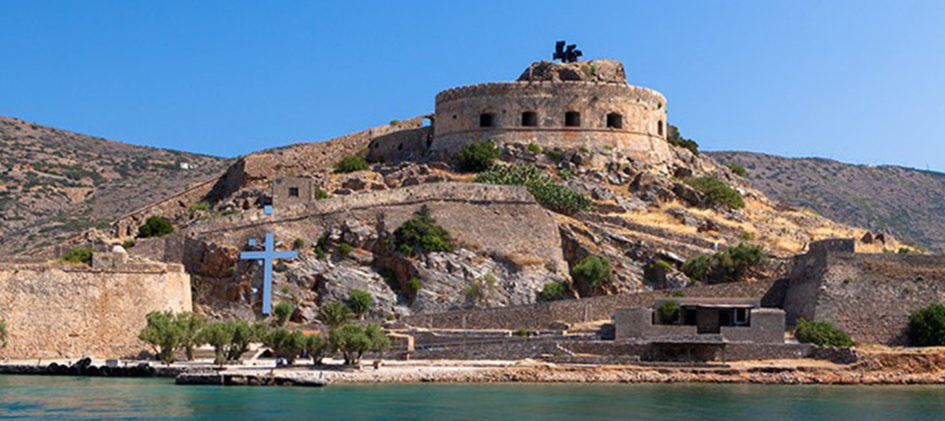The Minoan civilization is an Aegean civilization that originated on the island of Crete and flourished in 2700-1450 BC. At the height of the flourishing Minoan civilization, a unification of Crete created the sea power of the King Minos and possibilities for a wide scale of Cretan commercial activities in the basin of the Aegean […]
Read the article